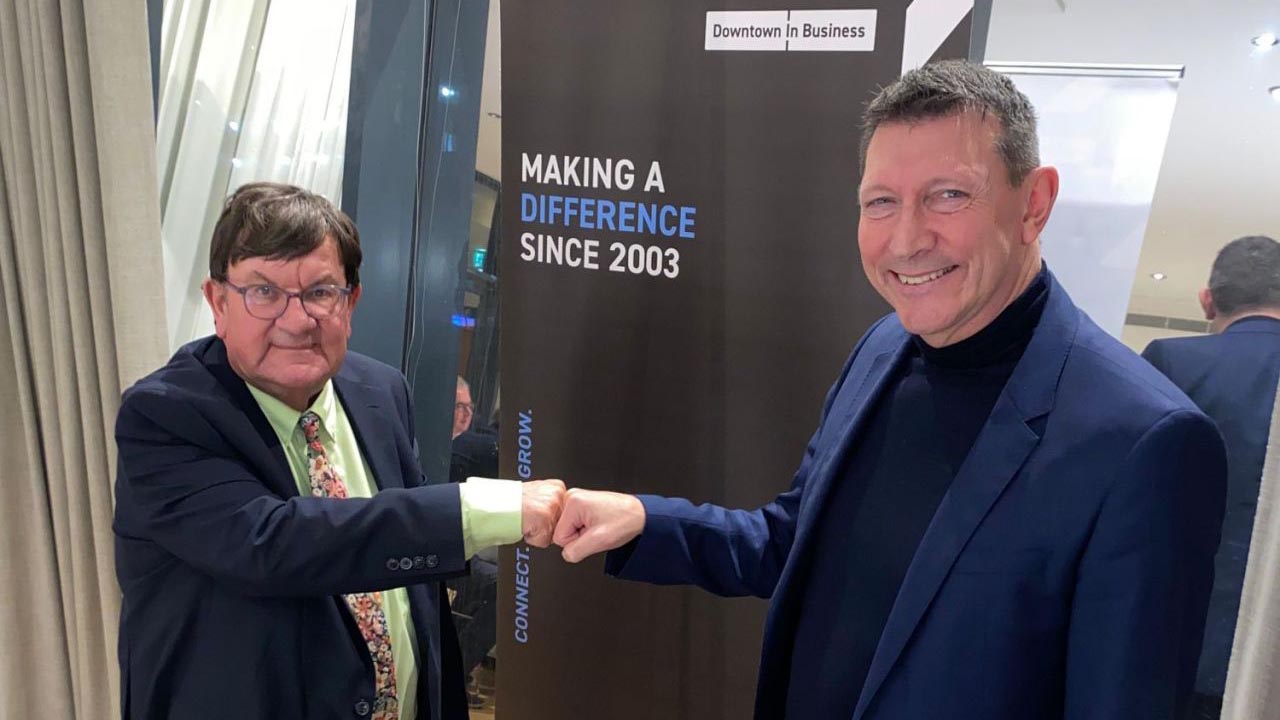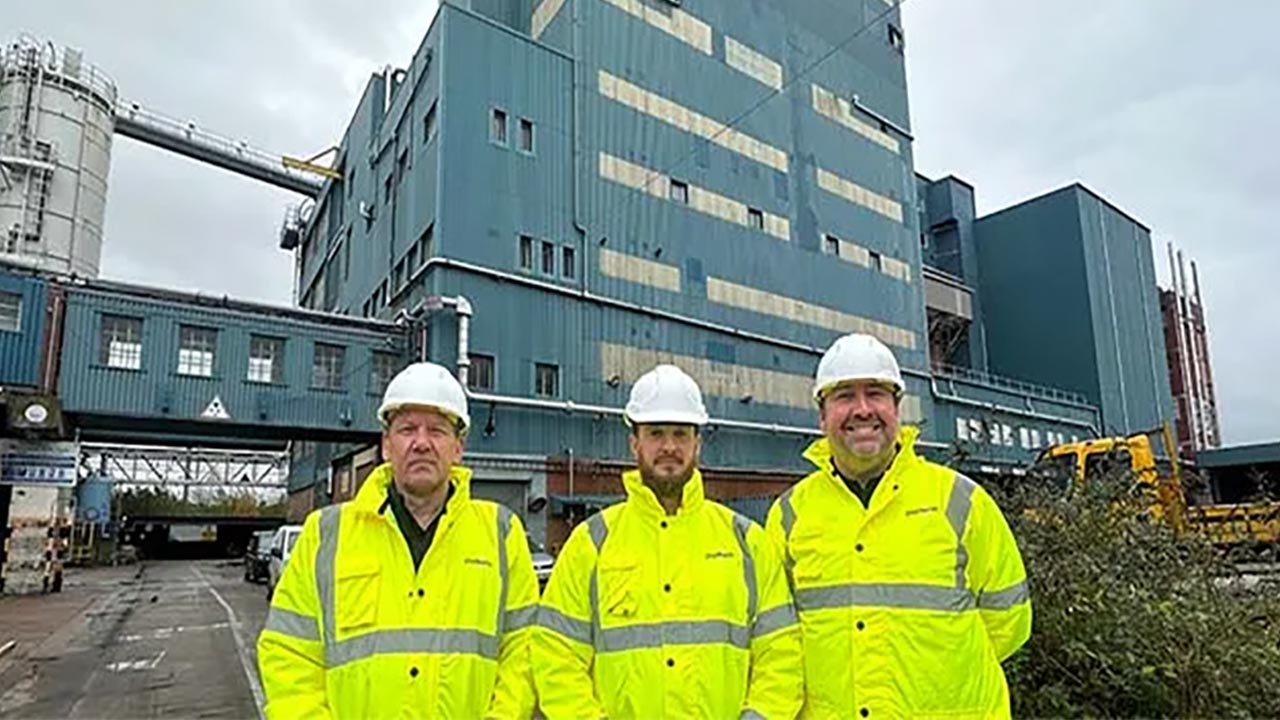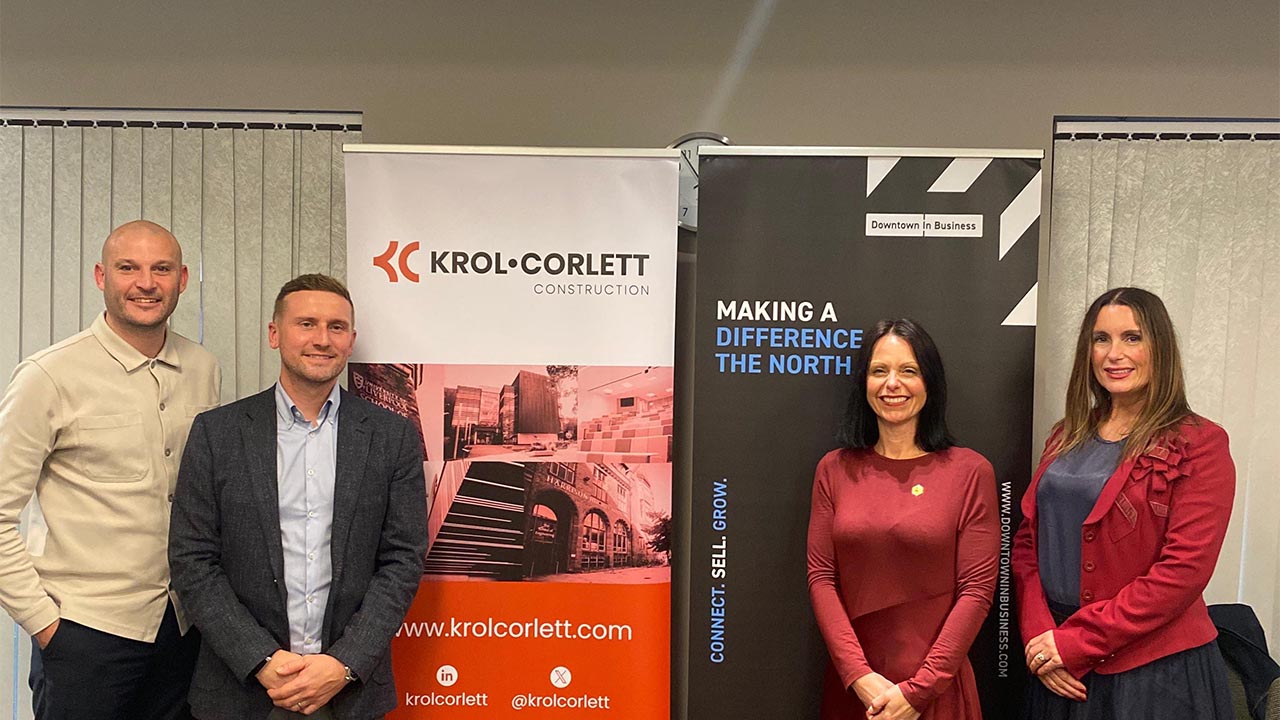To poorly paraphrase Mark Twain, reports of the death of the office are greatly exaggerated but at the end of 2020 when ‘Zoom’ and ‘remote’ appear in the list of words of the year, there are few who think everyone will return to working exactly as we all did twelve months ago.
Colmore Business Improvement District (Colmore BID) is leading a unique study on The Future Business District to inform its response to long term recovery from the Covid-19 pandemic and to offer policy directions on best practice for this and other central business districts in the UK.
The Study will have a strong emphasis on place, not just on the future of office working, but where workplaces co-locate and the important linkages with recovery of the High Street, city living, and the future of our cultural institutions, as well as the transport, air quality and climate challenges cities face.
Colmore BID is curating the study in partnership with Birmingham City Council and West Midlands Combined Authority. The Greater Birmingham and Solihull Local Enterprise Partnership (GBSLEP) and neighbouring city centre BIDs – Westside, Retail, Jewellery Quarter and Southside – are also supporting the Study.
City-REDI at the University of Birmingham has been appointed as lead Research Partner. It will work alongside the Office of Data Analytics at the West Midlands Combined Authority to undertake the major research programme. Support will also come from UK Research and Innovation and the Centre for Cities think tank.
The Study will adopt a commission style approach with an independent Advisory Panel being established to provide expert guidance to Colmore BID and the project team.
Colmore BID director Mike Best, Senior Director at national planning consultancy Turley, developed the Study with Kevin Johnson of Birmingham-based strategic communications firm Urban Communications. Mike will chair its Working Group overseeing the Study whilst Kevin will serve as Project Director.
The project will review data and trends along with existing literature and commentary as well as undertaking primary research through interviews, surveys, workshops and a Call for Evidence, ensuring the Study engages a wide audience and produces an independent, evidence-based report.
Mike Best, director at Colmore BID, commented:
“The central business district is facing a potential existential crisis because of the Covid-19 pandemic.
“The future for offices and city centres has been the subject of lively debate since the first lockdown in March 2020. Much has focussed on remote working and the extent to which this may be a long-term behavioural shift.
“Less well debated is the future of business districts themselves – the places where offices locate together with the supporting infrastructure of business networking, conferencing, hotels, retail, hospitality and cultural attractions and in close proximity to town halls and the corridors of power.
“These areas of our major city centres should be considered as having a value beyond their rents or supplying customers to coffee shops and after work bars. They are an ecosystem of large corporates, SMEs and small independent businesses that have historically thrived by each other.
“The questions now are what is the future role of business districts and how can we ensure they remain successful as places to connect people and businesses?”
The Study will set out to answer two key questions:
- What is the likely long-term impact of the COVID-19 pandemic on city centre business districts?
- How can we ensure they remain successful as places to attract businesses and people and contribute to vibrant city centres?
Andy Street, the Mayor of the West Midlands, said:
“Business improvement districts have been a key part of the success of town and city centres in the West Midlands, and they must continue to be so as we move out of the pandemic and look to recovery economically.
“This study is a great way to work out what this future may look like for BIDs, and I am pleased the WMCA could lend its hand to the study through our Office of Data Analytics.”
Cllr Brigid Jones, Deputy Leader of Birmingham City Council said:
“The repercussions of the global pandemic and the way in which businesses have had to adapt are unlike anything we have experienced in modern history. We fully support the work being undertaken by Colmore BID to ascertain the long-term impact of Covid on our city centres and what steps need to be taken to protect and preserve their future.”
Professor Simon Collinson, Deputy Pro-Vice-Chancellor for Regional Engagement and the Director of City-REDI / WM REDI, University of Birmingham, commented:
“As we look ahead to recovery, from an unprecedented series of shocks to our economy, society and communities, we need a combined effort to rebuild the regional economic growth momentum. So many businesses, jobs and households depend on a thriving central business district and these have been hit hardest by this year’s events.
“This is why we are so pleased at City-REDI to be appointed as lead Research Partner in this critical project to understand the impacts on our city centres and work with other stakeholders to help rebuild these economic engines. City-REDI is part of a great civic institution which has stepped up its efforts across many fronts to support the city-region in difficult times.
“The University of Birmingham is also at the forefront of healthcare innovations which are essential to our current recovery and will improve our resilience in the face of future pandemics.”
Andrew Carter, Chief Executive of Centre for Cities, said:
“City centres are just 0.1 per cent of the UK’s land but are central both to urban life and the national economy. They are where we come together to work, shop and play but the pandemic has put paid to much of that.
“Next year will be make or break for their future with implications for how we live and do business in the longer term, so we are delighted to be supporting Colmore BID on the future of central business districts.”
A dedicated website for the Study will be launched in January at www.futurebusinessdistrict.co.uk. It will contain details of how people can engage with the Study, including how to respond to a Call for Evidence.









